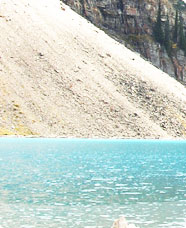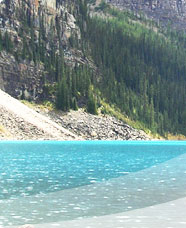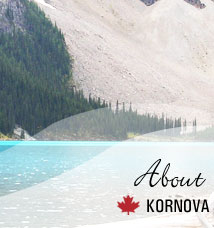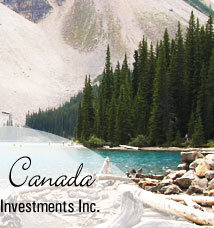|
|
|
|
|
|
 |
|
|
|
|

Since 1925, Canada has claimed the portion of the Arctic between
60¡ÆW and 141¡ÆW longitude, but this claim is not universally
recognized. The northernmost settlement in Canada and in the world is
Canadian Forces Station (CFS) Alert on the northern tip of Ellesmere
Island-latitude 82.5¡ÆN-just 817 km (450 nautical miles) from the North
Pole. Canada has the longest coastline in the world: 243,000 km.

In non-coastal regions, snow can cover the ground almost six months
of the year (more in the north). Coastal British Columbia is an
exception and enjoys a temperate climate with a mild and rainy winter.
On the east and west coast, average high temperatures are generally in
the low 20s ¡ÆC (70s ¡ÆF), while between the coasts the average summer
high temperature ranges from 25 to 30 ¡ÆC (75 to 85 ¡ÆF) with occasional
extreme heat in some interior locations exceeding 40 ¡ÆC (104 ¡ÆF).

Canadian culture has historically been influenced by British,
French, and Aboriginal cultures and traditions. It has also been
influenced heavily by American culture because of its proximity and
migration between the two countries. Canadian culture has also been
greatly influenced by immigration from all over the world. Many
Canadians value multiculturalism and see Canadian culture as being
inherently multicultural.

The longest Canadian river is the Mackenzie, which flows 4,241
kilometres through the Northwest Territories. The largest lake situated
entirely in Canada is Great Bear Lake (31,328 km2) in the Northwest Territories. At 5,959 metres, Mount Logan in the Yukon is Canada's tallest peak.
|
|
|
|
|
|
|





